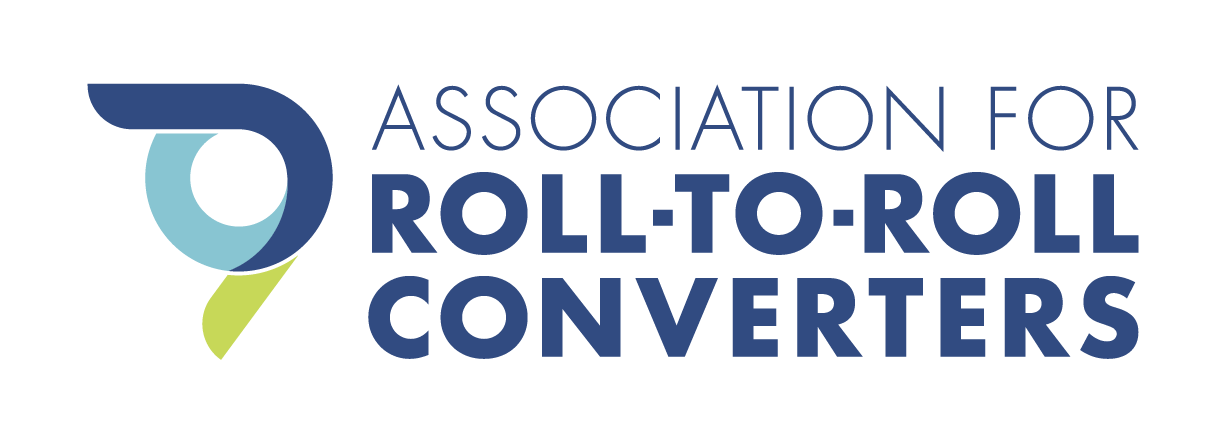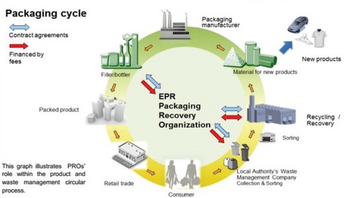Web Handling
Industrial Roll-to-Roll Systems: Web Defects Analysis Using Finite Element Simulations Paid Members Public
Presented by Dominique Knittel, University of Strasbourg
Predicting Web Tension when Faced with Wayward Roll Speeds and Temperatures Paid Members Public
Presented by Dilwyn Jones, Emral Ltd.
Precise Length Measurement and Control Paid Members Public
Presented by Clarence Klassen, KlassENgineering Inc.
Selecting an Unwind and Unwind Splicer System Paid Members Public
Presented by Bob Pasquale, New Era Converting Machinery
Contamination in R2R Battery Manufacture Paid Members Public
Presented by Sheila Hamilton, Teknek
Experimental and Theoretical Studies on the time-Dependent Permeation through Multilayered Encapsulation Films for Flexible Organic Electronics Paid Members Public
Presented by Oliver Miesbauer, Fraunhofer IVV
Advances in Slot Die Coating Technology for Hot Melt Adhesives Paid Members Public
Presented by Mark Miller, Coating Tech Slot Dies

